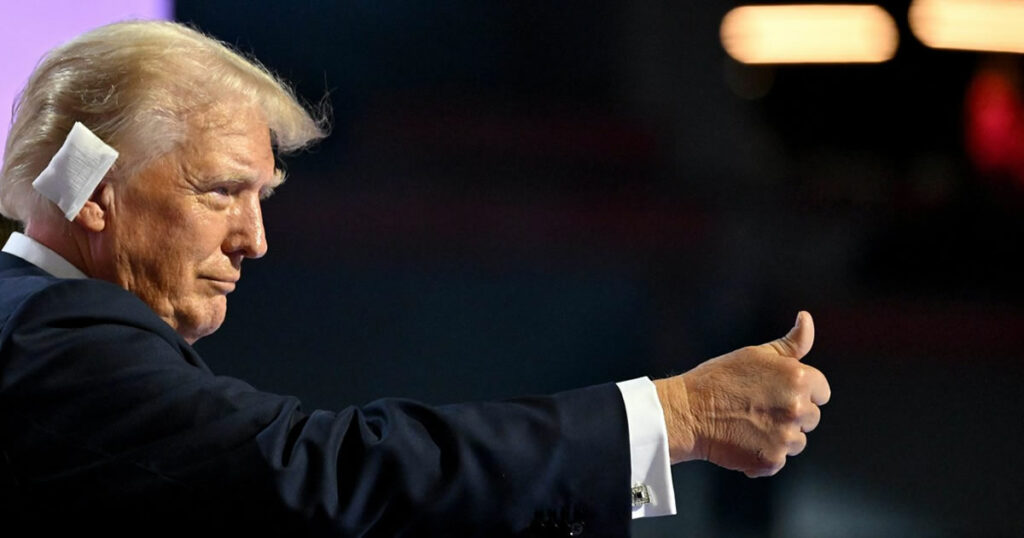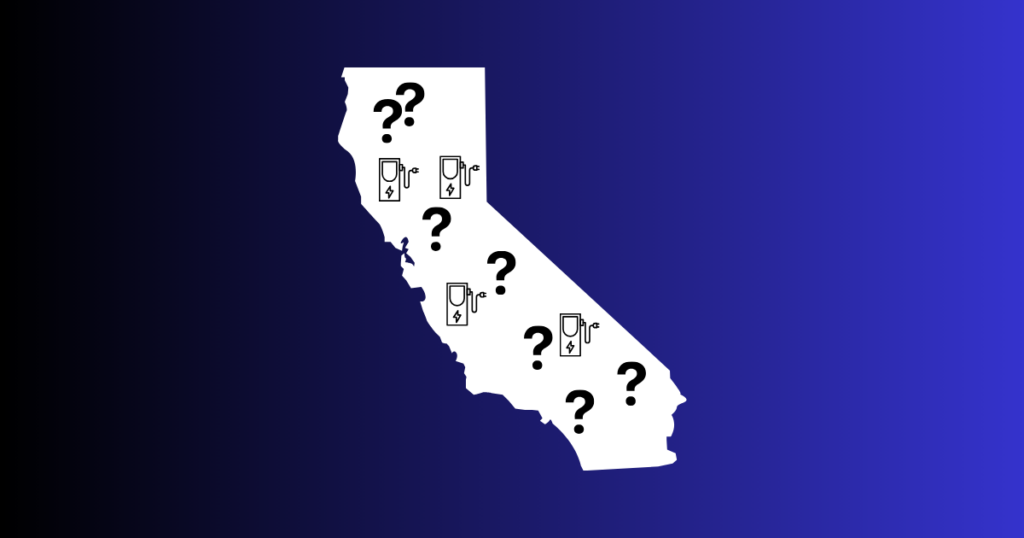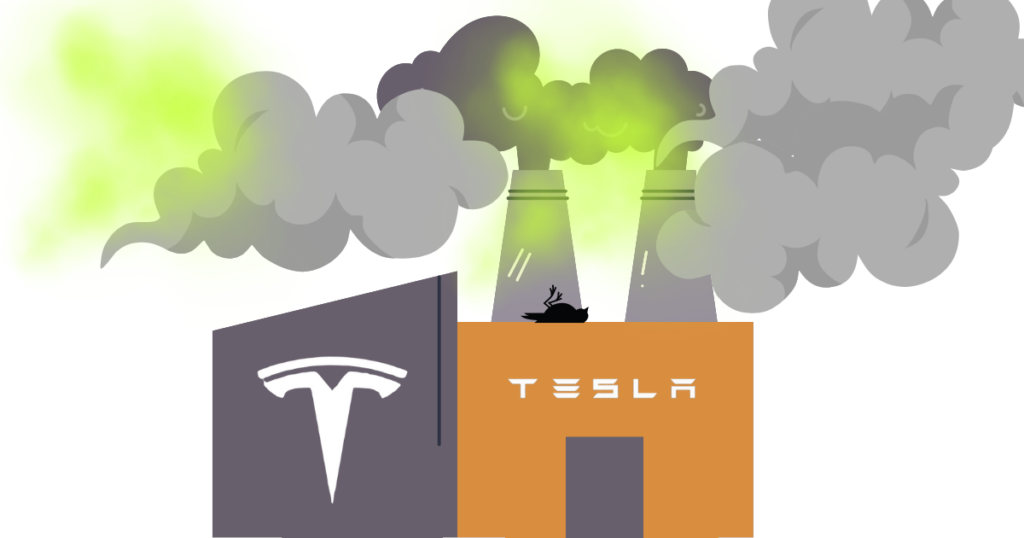Fox Business News reported this week that Ford unexpectedly halted a major electric vehicle (EV) battery project in Michigan over its potential ties to the Chinese Communist Party (CCP). Like many other automakers, Ford has been making significant investments in electric vehicles in advance of looming bans on gas-powered cars in states like California and Virginia.
Ford’s decision to temporarily halt its EV battery project has raised questions about the reasons behind the move. Republicans in Congress are actively investigating potential links between the Ford project and the CCP over allegations that its partner in the EV plant, China-based Contemporary Amperex Technology (CATL), was closely linked to the CCP.
The concerns revolve around whether the project had any involvement or financial support from Chinese entities with ties to the Chinese Communist Party. Such ties could have national security implications and potentially compromise American interests.
Although it is not state-owned, Chinese investors tied to the CCP have held big financial stakes in CATL, according to news reports. The Chinese government has also taken strategic steps over the last decade to promote CATL and other electric vehicle industry companies based in China.
Bipartisan Concerns: While Fox focused on Republican scrutiny, Chinese influence and technology transfer concerns are not limited to one political party. Both Republicans and Democrats have expressed apprehension about China’s growing role in advanced technology sectors like EV battery technology and its potential impact on American competitiveness.
The Fox article also places Ford’s decision in the context of the broader automotive industry’s shift towards electrification in advance of state bans on gas-powered cars, noting that automakers are under significant pressure to accelerate their EV efforts.
Interestingly, the Ford EV plant had originally been considered for Virginia but was opposed by Republican Governor Glenn Youngkin, who was concerned about China’s potential influence in the plan and argued that “CATL and the Chinese Communist Party would have full operational control over the technology.” Youngkin has also pledged to repeal Virginia’s ban on internal combustion engines (ICE) if he gets the support he needs in the state legislature in the November election.
Chinese influence in EV battery technology is a growing national security concern, and as states move to implement ICE bans, those concerns will only worsen. Several top former U.S. officials applauded the halt of the Ford plant, according to Fox.
“We applaud that the construction of this reckless deal has been halted,” former U.S. Ambassadors Peter Hoekstra and Joseph Cella, co-founders of the Michigan-China Economic and Security Review Group, said after the Ford announcement. “From the outset, Ford Motor Company, the State of Michigan, the Michigan Economic Development Corporation, and all other parties to it have been irresponsible in advancing this deal.”
“There was zero strict scrutiny or due diligence, concerns of our intelligence and national security agencies were ignored and mocked,” they continued. “The halting of the construction is the natural result of the consent of the governed being ruptured by government and business elites. With citizen activists, we are not relenting or letting our guard down.








